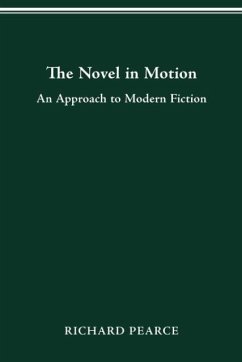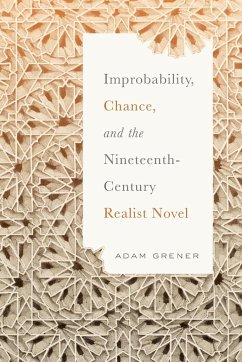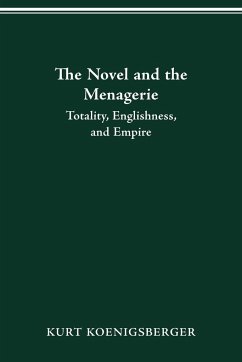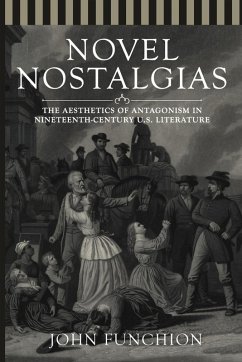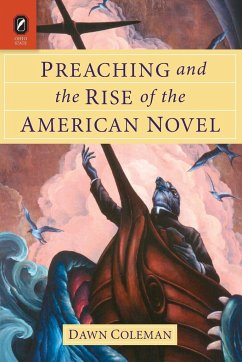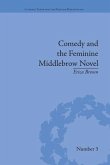Novelists of the century have learned to fracture and to displace narrative time, and, in so doing, to deny us the security of a frame and the stability of a center. Faulkner's narrator, though he focuses on the past, catches us up in his narrative present as he moves from one perspective to another in an attempt to grasp the senseless dynamic of what happened. Joyce, in Ulysses, makes the "ineluctable modality" of his medium a gratuitous force that compels us to leap back and forth between modern and Homeric times, intrudes between us and what happened to his characters, and threatens them and us with its capricious presence. Beckett's narrating characters find themselves usurped by a narrative voice, which denies them their pasts as well as any assurance of their existence in the present, and embroils us in their heroic effort to go on. Nabokov undermines our security with gaps in his narratives, and diverts us from the possibilities of what has happened to the possibilities of what may happen. Coover's kaleidoscopic spectacle, wide in compass and long in duration, moves in every direction at once; and Pynchon takes us through a series of radical transformations in which one moment succeeds another in a series of quantum leaps. In their different ways, Professor Pearce finds, all of these writers engage us in a narrative sequence that, far more than the traditional novelist's, is an experience of moving through time and history. And it is, he argues, precisely in their exploitation of the traditional novel's most essential dimension-the rudimentary sequence of events and movement from beginning to end-that they engage us in the most radical experience of modern consciousness. Richard Pearce is professor of English at Wheaton College, in Norton, Massachusetts, the author of Stages of the Clown: Perspectives on Modern Fiction and William Styron, and the editor of Critical Essays on Thomas Pynchon.
Hinweis: Dieser Artikel kann nur an eine deutsche Lieferadresse ausgeliefert werden.
Hinweis: Dieser Artikel kann nur an eine deutsche Lieferadresse ausgeliefert werden.

